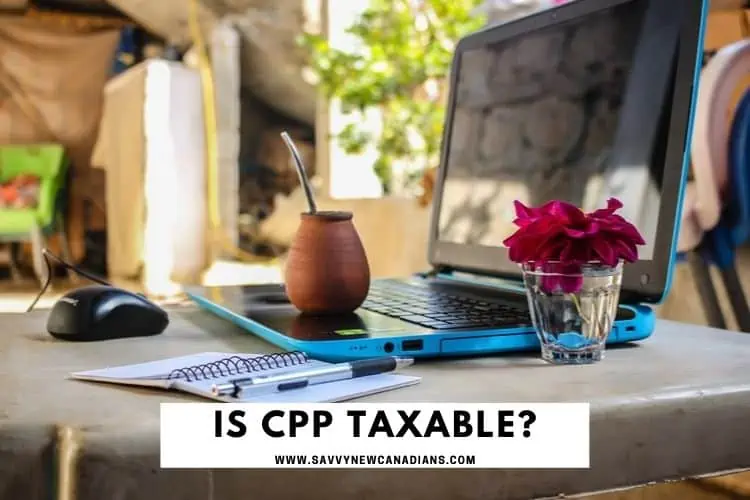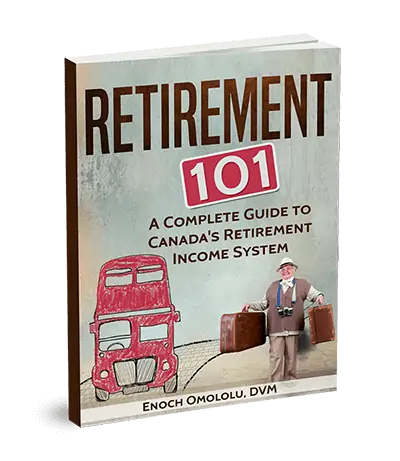The Canada Pension Plan (CPP) is a monthly benefit paid to retirees who have contributed to the plan during their working years.
CPP payments were initially designed to replace about 25% of your pensionable earnings in retirement; however, recent changes have improved the program and will result in CPP replacing approximately 33% of a senior’s average pre-retirement earnings.
In Quebec, this retirement pension is referred to as the Quebec Pension Plan (QPP).
Are CPP payments taxable? Read on to find out.
What is the CPP?
The Canada Pension Plan is one of the main sources of retirement income in Canada. The other two sources are the Old Age Security and private pensions/savings plans.
To be eligible to receive CPP, you must have contributed to the plan and be at least 60 years of age or older.
How much CPP you receive depends on how much you contributed to the plan and for how long.
The standard age for collecting CPP is 65, although you can begin receiving CPP earlier at age 60 or delay it until age 70.
Your pension benefits increase by 0.7% for every month you delay receiving CPP after age 65.
The maximum monthly CPP paid out in 2023 is $1,306.57, while the average payment is much less at $717.15.
For specific information on how much your CPP payments will be, check your Statement of Contributions or contact CPP directly at 1-800-255-9914.

Is CPP Taxable?
Your CPP retirement pension is considered to be taxable income.
Taxes are not automatically deducted, and depending on your overall income, you may owe CRA at tax time.
You can voluntarily request that monthly or quarterly taxes are deducted (a certain % or amount) through your My Service Canada account or by completing Form ISP3520 CPP – Request for Voluntary Federal Income Tax Deductions.
There is no CPP Clawback. Unlike the OAS Clawback, your CPP benefits are not clawed back based on your other benefits.
That said, you could lose part of your OAS or GIS benefits if your CPP pension increases your income beyond the minimum threshold amounts.
Note that the Canada Pension Plan Disability benefits are also taxable.
The Federal taxes you owe in 2023 are based on the following income tax brackets:
- Up to $53,359: 15%
- $53,360 to $106,717: 20.50%
- $106,718 to $165,430: 26%
- $165,431 to $235,675: 29%
- $235,676 and over: 33%
In some cases, it may be beneficial for spouses to share CPP benefits to lower their combined tax bill.
Couples can share CPP payments based on how long they have lived together while contributing to the plan.
CPP sharing differs from pension income splitting, which applies to RRSP, RRIF, and other annuity-type payments.







I am an American now living in the states. I lived in Canada as a landed immigrant for 29 yrs. I am 69. I have a small CPP ($113) which I want to apply for. My question is: would it be best for me to collectvit in Canada or in the US (re: taxes)? 1)Is that amount to tax?. 2) If I collect it in the US, will I pay a tax to Canada as well as to the US on that monthly payment? Thank you for any info you can give me.
@Tera: The tax situation will depend on your total income, so difficult to make an assessment based on the information available. If you are a resident of the U.S. (and non-resident in Canada), Canada has a tax treaty with that country and you pay 0% in Canada since you are expected to pay taxes on the amount in the U.S.
Below is an article that covers it in more detail:
https://www.savvynewcanadians.com/collecting-oas-cpp-pension-non-resident-retirement-abroad/